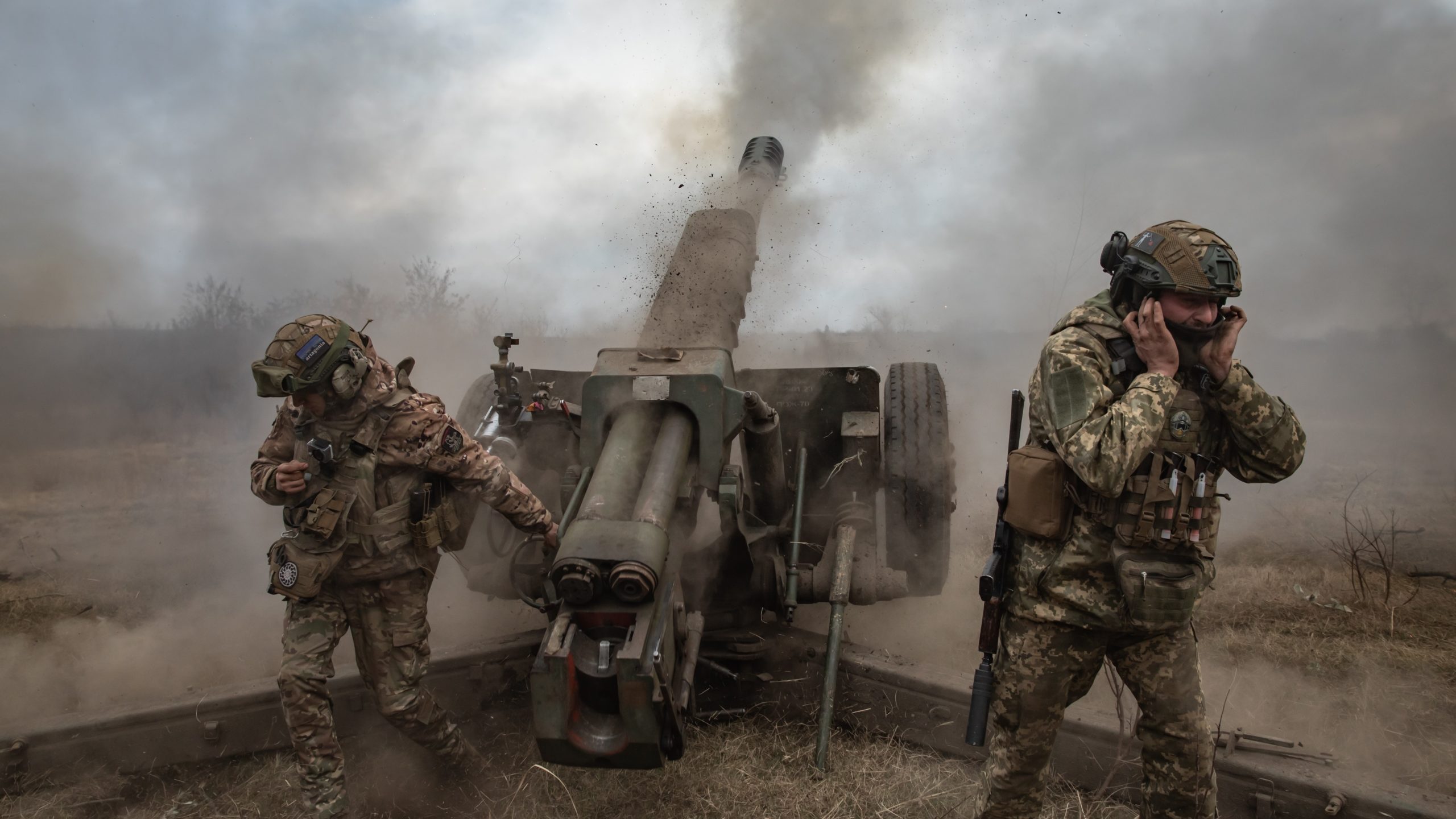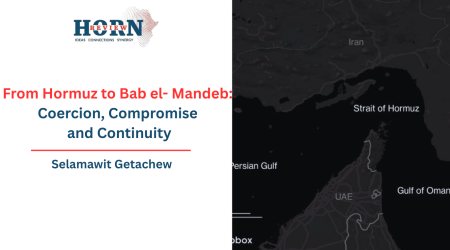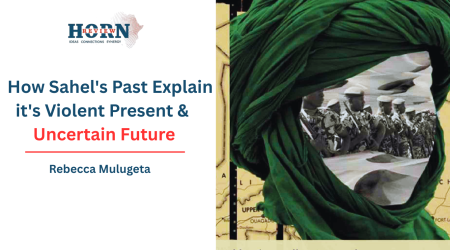
15
Sep
Global Reverberations: What Europe’s War Preparations Mean For The Horn
In September 2025, millions of mobile phones across the United Kingdom buzzed with a loud siren. The event was not an emergency but a nationwide test of Britain’s Emergency Alerts system, designed to warn citizens in cases of terror attacks, floods, or other life-threatening events (UK Government, 2025a). Around the same time, France’s Ministry of Health quietly issued a directive to its hospitals, instructing them to prepare for the possibility of between 10,000 and 50,000 wartime casualties by March 2026 (NDTV, 2025). While both measures were framed as precautionary, they signal something deeper: Europe is bracing for an era of insecurity once thought unimaginable after the Cold War.
These steps reflect the continent’s unease over Russia and the continued instability created by Vladimir Putin’s policies, yet their consequences stretch well beyond Europe. The Horn of Africa, particularly Ethiopia, remains closely connected to global systems of aid, migration, trade, and security. What might appear as routine acts of resilience in London or Paris are in fact ripples in a wider geopolitical current that will affect vulnerable regions far away.
The UK’s alarm test was notable not so much for its technology, which has been used in other countries, but for its symbolism. By sending a simultaneous warning to millions of devices, the government normalized emergency readiness as a part of everyday governance (UK Government, 2025b). France’s hospital directive went even further, asking medical centres to plan for large-scale casualties, mobilize staff, and prepare staging areas near ports and airports (Independent, 2025). Together, these actions show a Europe that no longer takes peace for granted.
One of the most immediate global consequences is financial. European governments are pouring unprecedented resources into defence, with Denmark recently approving a €9 billion air defence program (Reuters, 2025) and Poland now spending nearly 4% of its GDP on the military. Such investments inevitably come at a cost, diverting money away from foreign aid and development budgets. For Ethiopia, which relies heavily on European donors for food security and climate adaptation programs, this shift carries serious implications. The diversion of aid during the Ukraine war already revealed this vulnerability, and deeper militarization in Europe could exacerbate it.
Migration presents another channel of impact. When governments prepare their hospitals and civilians for war, they are also hardening their borders. This tightening affects not only Ukrainians or Syrians but also Ethiopians, Eritreans, and Somalis seeking refuge. Rising domestic fears of insecurity could make asylum even harder to access, closing one of the few safe routes available for people fleeing drought, repression, or conflict. What begins as a civil defence policy in Europe can thus reshape the migration landscape for entire regions abroad.
The contrast in health preparedness is equally revealing. France is rehearsing for the possibility of treating tens of thousands of wounded soldiers, ensuring that its hospitals can function under wartime stress (NDTV, 2025). Ethiopia, by comparison, struggles with chronic shortages of medicine, personnel, and equipment. In conflict-affected areas such as Amhara and Tigray, hospitals have faced attacks and often lack basic supplies (Human Rights Watch, 2024). The difference is clear; Europe is simulating crises that poorer regions are already living through daily. This disparity underscores that preparedness is not a luxury but a necessity.
Geopolitics ties these developments directly to the Horn of Africa. The Red Sea corridor is one of the most important parts of global trade, carrying energy and goods to European markets. If Europe fears broader conflict with Russia, it will want these routes secured. Djibouti already hosts French, American, and Chinese military bases, and a new wave of European insecurity could expand this presence further. Ethiopia, although landlocked, sits at the crossroads of this region and may face pressure to align more closely with Western security strategies. In this way, Europe’s fears may intensify the great-power rivalries already shaping the Horn.
The economic reverberations are equally significant. The Ukraine war demonstrated how conflict in Europe can drive up global prices for food and fuel, hitting Africa hardest. Ethiopia, dependent on imports through Djibouti, remains especially vulnerable to inflationary shocks. A new European crisis would almost certainly worsen scarcity and social strain in fragile societies that are already balancing on the edge.
What looks like a routine alarm test in London or a bureaucratic memo in Paris is therefore much more than local policy. These measures reflect a world entering a new phase of insecurity, where crises in one region quickly cascades into others. For Ethiopia and the wider Horn of Africa, the consequences include reduced aid, tighter migration policies, inflationary shocks, and intensified geopolitical competition. More importantly, they carry a lesson: preparedness saves lives. Europe is showing that anticipation, however unsettling, is essential to resilience.
By Makda Girma
References
Human Rights Watch. (2024). “If a Soldier Dies, It’s You”: Attacks on Medical Care in Ethiopia’s Amhara Conflict. “If the Soldier Dies, It’s on You”: Attacks on Medical Care in Ethiopia’s Amhara Conflict | HRW
Independent. (2025). France tells hospitals to prepare for war in Europe by 2026. French hospitals told to prepare for war in Europe by next year in leaked Government letter | The Independent
NDTV. (2025). France orders hospitals to prepare for war in Europe by March 2026. France Orders Hospitals To Prepare For War In Europe By March 2026
Reuters. (2025). Denmark to buy €9 billion air defence systems as tensions with Russia grow. Denmark to buy $9 billion air defence systems as tensions with Russia grow | Reuters
UK Government. (2025a). Public Testing of Emergency Alerts. About Emergency Alerts – GOV.UK
UK Government. (2025b). How Emergency Alerts Work. How emergency alerts work – GOV.UK










